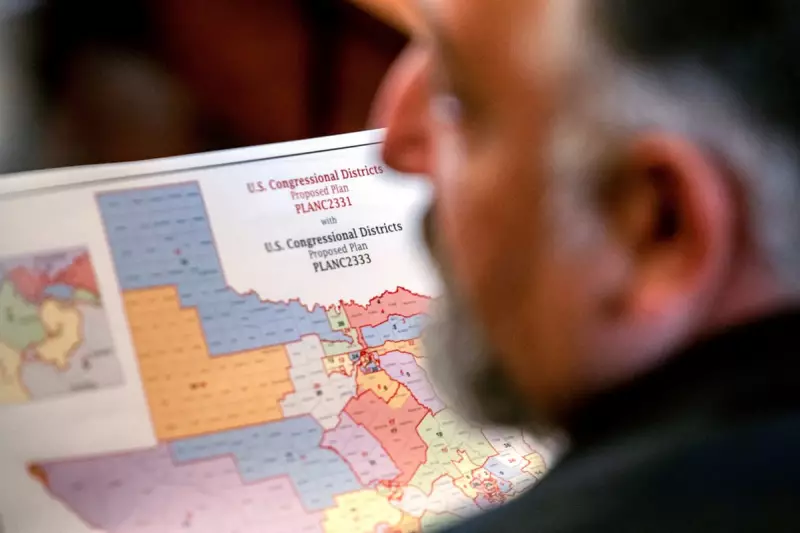
A federal court has delivered a landmark ruling against Texas, striking down the state's newly drawn congressional district map for illegally diluting the voting power of minority communities. The decision represents a significant victory for civil rights groups and could dramatically alter the political composition of Texas's congressional delegation.
Court Finds Intentional Racial Discrimination
In a strongly worded opinion, a three-judge panel in the Western District of Texas determined that Republican lawmakers had engaged in unlawful racial gerrymandering when creating the state's congressional boundaries. The court found compelling evidence that the map deliberately cracked and packed minority voters to minimise their political influence, particularly in rapidly diversifying urban areas.
The ruling specifically highlighted changes to District 23, a vast West Texas seat currently represented by Republican Tony Gonzales. Judges concluded that mapmakers had systematically dismantled the district's Latino voting bloc, despite population growth that should have strengthened their political power. This manipulation violated both the Voting Rights Act and the Equal Protection Clause of the US Constitution.
Immediate Political Consequences
The court's decision carries immediate practical implications. Texas must now create a new congressional map before the 2026 election cycle, a process that will involve either the state legislature or court-appointed special masters. The ruling potentially opens the door for additional minority-opportunity districts in a state where demographic changes have been steadily eroding Republican advantages.
Republican Attorney General Ken Paxton has vowed to appeal the decision directly to the US Supreme Court, setting the stage for another high-stakes legal battle over voting rights. Meanwhile, Democratic groups and civil rights organisations are celebrating what they see as a crucial protection of minority voting power in America's second-largest state.
Broader National Implications
This Texas case forms part of a wider national pattern of litigation surrounding redistricting and voting rights. With several states facing similar legal challenges to their congressional maps, the ultimate resolution of the Texas dispute could establish important precedents for how courts evaluate claims of racial discrimination in electoral boundaries.
The timing is particularly significant, as the ruling comes amid ongoing debates about the future of the Voting Rights Act and its protections against racial gerrymandering. Legal experts suggest that how courts handle these Texas allegations may influence similar cases in Alabama, Louisiana, and other states where redistricting battles continue to unfold.
As the legal process moves forward, all eyes will remain on Texas to see whether the state's political maps can be redrawn in a manner that fairly represents its increasingly diverse population without facing further judicial rejection.





